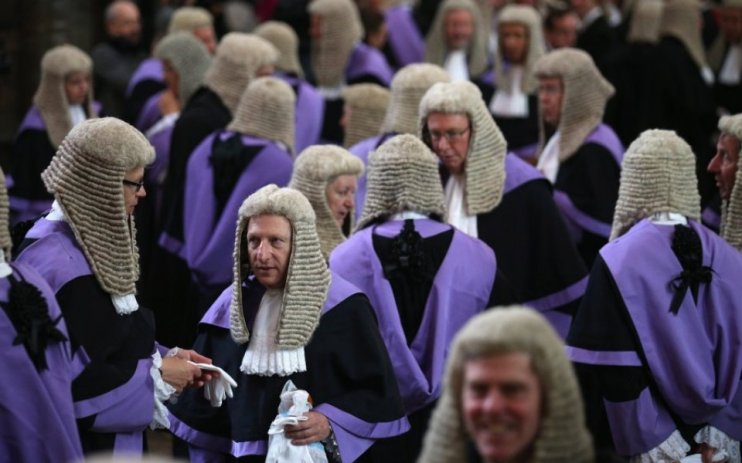‘Appalling’: New law may force judges to impose ‘unjust’ sentences, warns former lord chief justice

A former lord chief justice has warned judges could be made to impose sentences they believe to be unjust under Government changes, a situation he said would be “appalling”.
It comes as peers continued their line-by-line scrutiny of the Police, Crime, Sentencing and Courts Bill.
The Government is seeking to ensure that judges depart from the minimum sentence “only in exceptional circumstances” for certain crimes, including for a third class A drug trafficking offence, for threatening with a weapon or bladed article, and for a third domestic burglary.
The Bill would change the threshold at which judges can impose a sentence below the minimum for certain offences from “particular” to “exceptional” circumstances, the House of Lords heard.
Crossbench peer Lord Judge, a former lord chief justice of England and Wales, said: “I find the possibility that a judge should be required to pass a sentence that he or she regards as an unjust sentence on this particular individual, in this particular case, for this particular crime, to be really rather – I must be moderate in my language – but it is appalling.
“A judge should never have to pass a sentence that he or she conscientiously regards as unjust, and that’s what’s wrong with this provision.”
Lord Judge said he supported changes to the Bill suggested by Lib Dem peer Lord Marks of Henley-on-Thames.
Lord Marks said the Bill “threatens seriously to undermine or remove” judicial discretion in sentencing.
He said: “The use of the word exceptional is calculated to require the sentencing judge in the majority of cases to pass the minimum sentence, even if the judge took the view that the minimum sentence might cause injustice.”
He added that the Government’s changes to minimum sentencing for certain offences “represent a serious reduction in the discretionary powers of sentencing judges to exercise leniency when the circumstances require that”, which he said is “entirely unwelcome”.
Lord Marks, who suggested changes to the Bill, said it is “profoundly misplaced” to say that “longer sentences are better sentences”, adding the “vast weight of evidence is to the contrary”.
Government minister Lord Wolfson of Tredegar said: “It’s for Parliament to set the minimum sentence if it wants to. It’s for Parliament to set the exceptional provision, whether that is exceptional circumstances or however else it’s defined.
“It’s then for the judge to apply what Parliament has said.”
He said: “Concerns… have certainly been raised that offenders too often, in fact, receive sentences below the minimum term and that fails both to provide an appropriate level of punishment which reflects the severity of the offence, and I would suggest undermines any sensible use of the word mandatory in this context.”
He added: “We seek to ensure that courts depart from the minimum sentence only in exceptional circumstances. Those are clear words. They mean what they say. We believe that test of exceptional circumstances is both suitable and important.
“Not only, we think, does this test help to address problems that have been escalating in our communities for some years, especially with regard to knife crime, but we also think it will create greater consistency in the statutory provisions on minimum sentences.
“And therefore the change is intended to reduce the circumstances that the court will depart from the minimum term, ensuring that this important safeguard is used only where the court considers that there are exceptional circumstances pertaining to the offender or the offence that would make the minimum sentence unjust.”